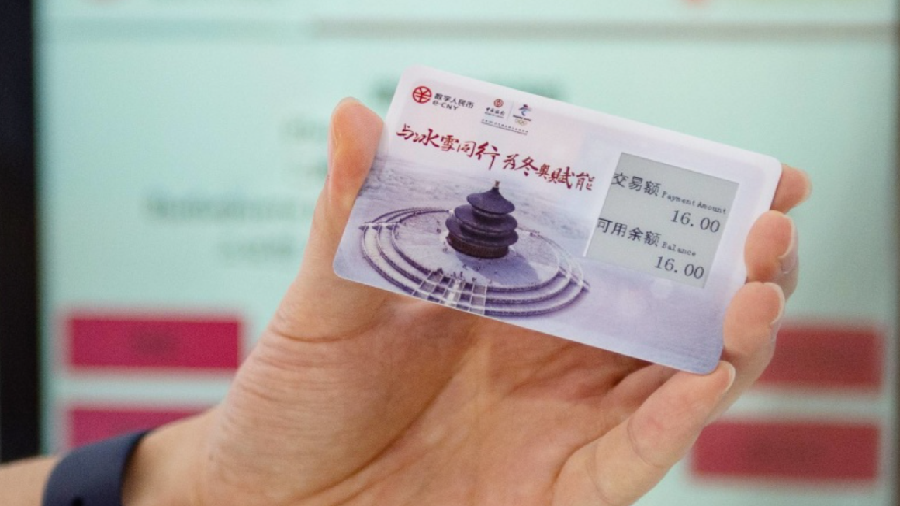Against the background of the tightening of the ban on mining and the use of cryptocurrencies in China, the government of the country launched a large-scale campaign to build “Digital China”.
The city of Xi’an, which has a population of about 6 million, has been selected to promote and implement pilot applications for the digital yuan. The project involves the National Bank of China (NBK), the province’s commercial banks, and the ministries of agriculture, industry and construction.
In line with the Xi’an Digital RMB Project Implementation Plan, pilot scenarios include urban utility bills, wholesale and retail trade, healthcare, cultural tourism, campus services, inclusive funding, government subsidy allocation and tax collection.
According to local media reports, industry and residents of Xi’an have responded to the national call to “accelerate digital development and build Digital China,” and are fully involved in the implementation of the state cryptocurrency. For example, the procedure for paying in digital yuan for travel in a city taxi was implemented.
To access payments using the digital yuan, residents of Xi’an must register through any banking application in the state CBDC database, get an account, register a cryptocurrency wallet and link a bank card to it. Payment for goods and services is confirmed by scanning the QR code in the seller’s application.
No matter how the international cryptocurrency community relates to the future of the NBK digital currency, it is obvious that this future has already arrived. Cautious statements about the targeted experiments of the NBK on payment with the digital yuan in various sectors of the economy are in fact merged into a single program – the construction of “Digital China”.
Since the start of the NBK’s pilot project for the implementation of the digital yuan in June this year, more than 1.5 million transactions have been made to pay for goods and services, more than 20 million wallets have been opened for individuals and more than 3.5 million for legal entities. The total amount of transactions with the state cryptocurrency was about $ 5.4 billion.
Thus, it is possible that the ban on mining, allegedly related to a lack of energy capacity, as well as the ban on cryptocurrency operations in the country are not “outbreaks of activity” by regulators, but part of a well-thought-out national program to discredit players competing with the digital yuan.







